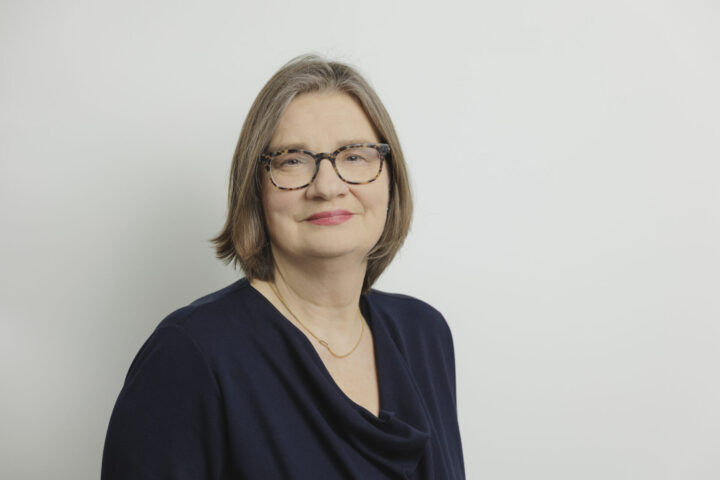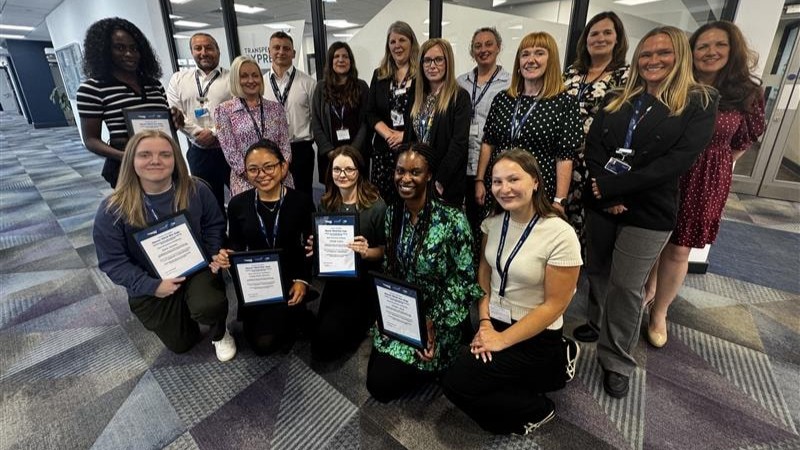More than one in five trainee doctors have hesitated to escalate patient care, according to the latest General Medical Council (GMC) survey.
The survey asked about escalation of care, with 79% of trainees saying they never felt apprehensive, but 21% had hesitated at least once in the past year.
In areas like surgery, obstetrics and gynaecology, medicine, and emergency medicine, the figure was closer to a third.
Trainees who held back on escalation were also more likely to report burnout.
The findings have come as the Government’s 10-year health plan for NHS England aims to change how health services are delivered.
Pushpinder Mangat, medical director and director of education and standards at the GMC, said: “These findings are extremely concerning because doctors need to work in environments where they feel comfortable escalating.
“When they don’t, there are potentially serious risks to patient safety.
“The Government’s 10-Year Health Plan rightly recognises that a modern health service must empower its workforce and foster a culture of openness and safety.”
Mangat added: “The GMC is committed to supporting this transformation and playing our part.
“The national training survey is one of several vital data resources we produce to help to identify where change is needed, and ensure that training environments are safe, inclusive, and fit for the future.”
Most trainees were positive about training, with 76% rating teaching as good or very good.
Clinical supervision was rated highly by 87%.
Trainers reported pressures, with 29% saying rota gaps affected training.
The GMC said the findings support ongoing calls for protected training time and increased capacity.
Mangat added: “Our data and workforce insights can support governments and organisations across the UK as they look to drive improvements to ensure that every doctor can thrive.
“We will continue to share our findings to help address concerns, celebrate good practice, and play our part in building a workforce that is confident, supported, and ready to deliver the health services of the future.”














